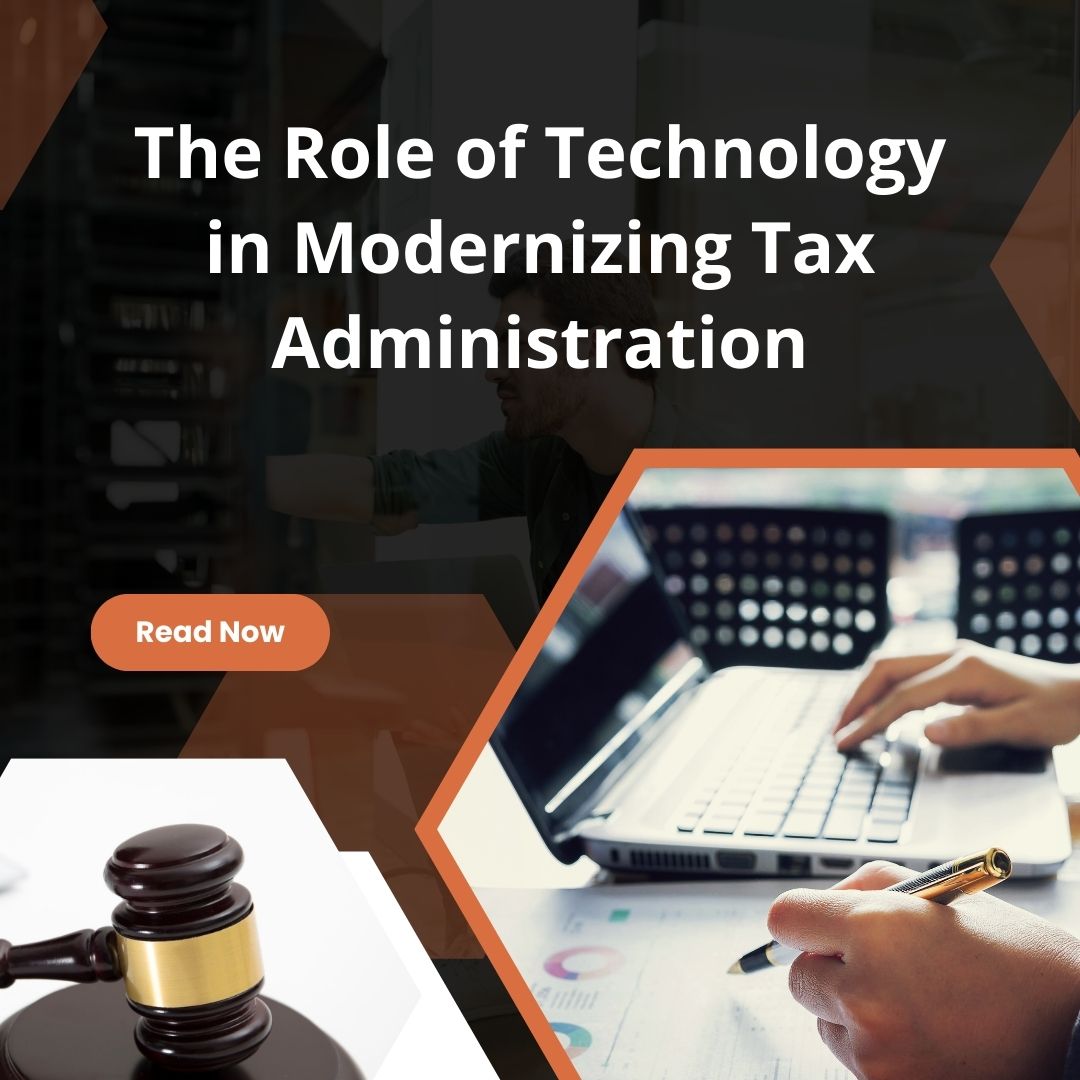In today’s fast-paced, digital world, technology has become a cornerstone of modernizing various sectors, and tax administration is no exception. The integration of advanced technological tools into tax systems worldwide is revolutionizing how governments collect, manage, and enforce taxes. This blog explores the pivotal role technology plays in transforming tax administration, highlighting its benefits, challenges, and future potential. Streamlining Tax Processes One of the most significant impacts of technology on tax administration is the streamlining of tax processes. Traditional tax systems often involved cumbersome paperwork, long processing times, and a high risk of errors. Modern technology solutions, such as electronic filing (e-filing) systems, have drastically reduced these inefficiencies. Taxpayers can now submit their tax returns online, which not only saves time but also minimizes the risk of human error. Enhancing Data Accuracy and Transparency Technology enhances the accuracy and transparency of tax data. Advanced data analytics and machine learning algorithms can process vast amounts of data to detect discrepancies, identify fraud, and ensure compliance. These technologies provide tax authorities with real-time insights into taxpayer behavior, allowing for more accurate assessments and timely interventions. Blockchain technology is another game-changer in this regard. Its immutable ledger system ensures that tax records are tamper-proof and transparent, fostering trust between taxpayers and tax authorities. By providing a secure and transparent way to record transactions, blockchain can significantly reduce tax evasion and increase compliance. Improving Taxpayer Experience The taxpayer experience is a crucial aspect of tax administration. Technology has made it easier for taxpayers to understand their obligations, file returns, and pay taxes. Mobile apps and online portals provide user-friendly interfaces that guide taxpayers through the process, answer common questions, and offer support. This improved experience encourages compliance and reduces the burden on tax authorities. Enhancing Enforcement and Compliance Advanced technologies such as artificial intelligence (AI) and machine learning are revolutionizing tax enforcement and compliance. AI-powered systems can analyze patterns and predict potential non-compliance, enabling tax authorities to take proactive measures. These systems can also automate routine tasks, such as sending reminders and notices, freeing up resources for more complex enforcement activities. Addressing Challenges While the benefits of technology in tax administration are undeniable, there are also challenges to address. One of the primary concerns is data security. With the increasing use of digital platforms, the risk of cyberattacks and data breaches also rises. Tax authorities must invest in robust cybersecurity measures to protect sensitive taxpayer information. Another challenge is the digital divide. Not all taxpayers have equal access to technology, and some may lack the digital literacy required to navigate online tax systems. Ensuring that technological advancements are inclusive and accessible to all segments of the population is crucial for the success of digital tax administration. Future Potential The future of tax administration lies in further integrating advanced technologies. The rise of big data, AI, and blockchain will continue to shape the landscape, making tax systems more efficient, transparent, and secure. Governments around the world are increasingly adopting these technologies to stay ahead of… Continue Reading The Role of Technology in Modernizing Tax Administration
